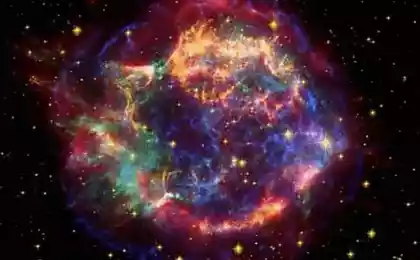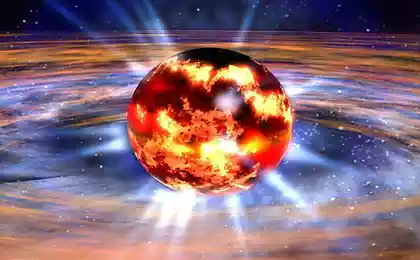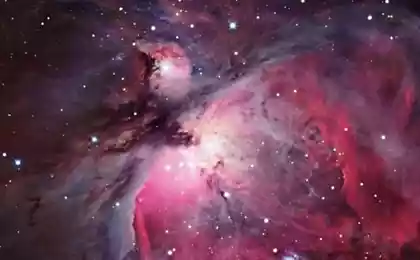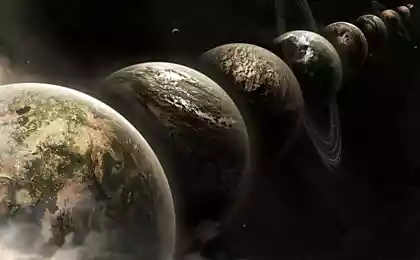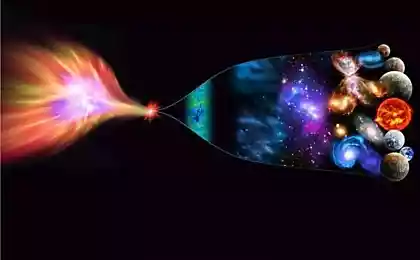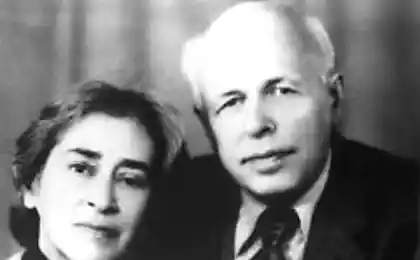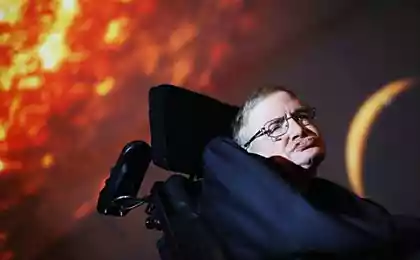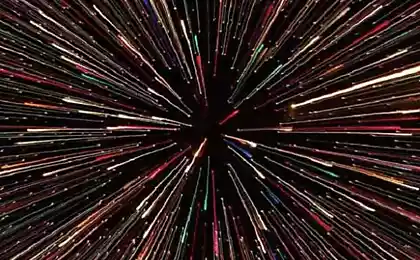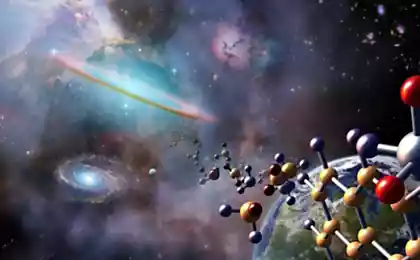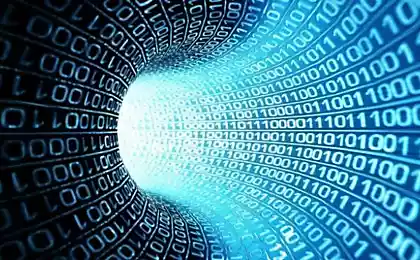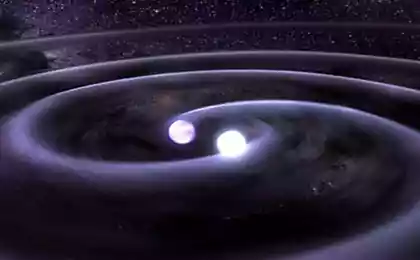Ask Ethan №3: Expanding Universe
Stephen Hawking i>
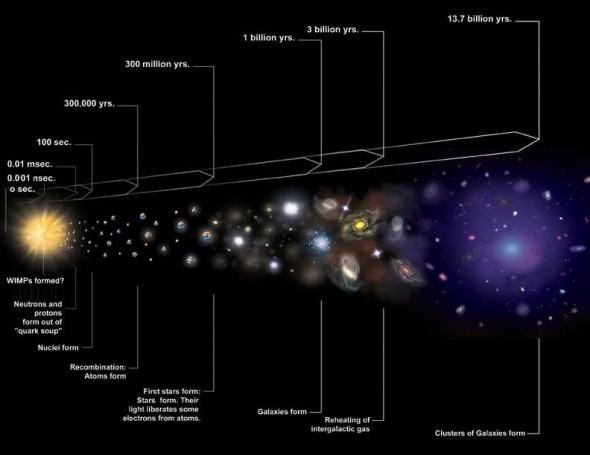
A reader asks:
I recently read that some researchers are considering the possibility that the reduced mass of things, as an alternative explanation of some issues related to the expansion of the universe. Does this make any sense? Blockquote> And that's what it is:
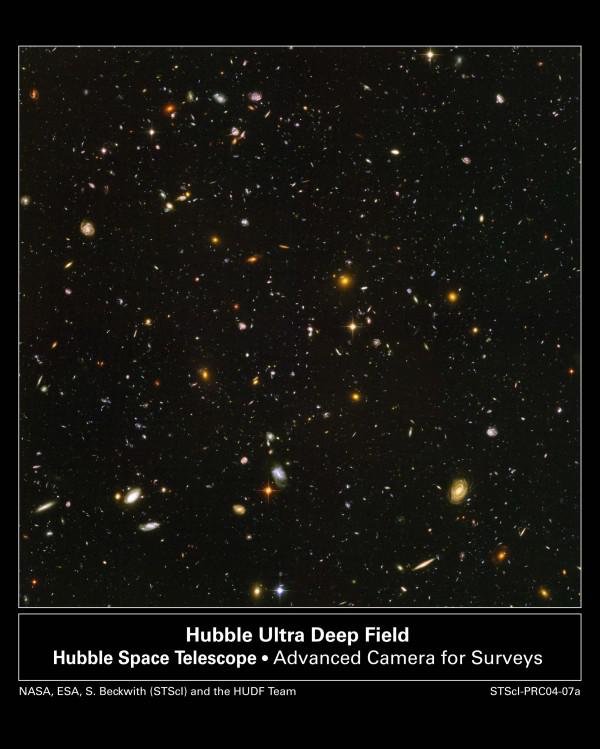
For every galaxy in the universe, we can measure the displacement of the spectrum of light emitted by it. Galaxies that are closer to us or away from us, have a shift of the spectral lines (lines that are absorbed or emitted by atoms). The shift is directly proportional to the combination of two parameters:
how fast an object is moving toward us (blue shift) or from us (red) how much space-time expanded universe (redshift) or shrunk (for blue) from the time as the light was emitted, to the time he got to us in the eye
Combine these two parameters, and the result is to explain the observed changes in the light of all the galaxies.
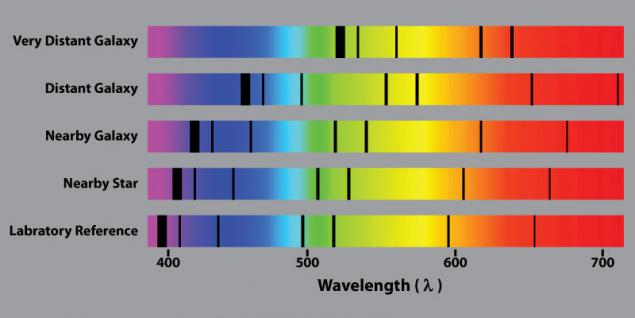
For very distant galaxies, their speed is negligible compared with the expansion of space-time. This light was going for billions of years, so by measuring the red shift of galaxies at different distances, we can calculate how the universe has expanded.
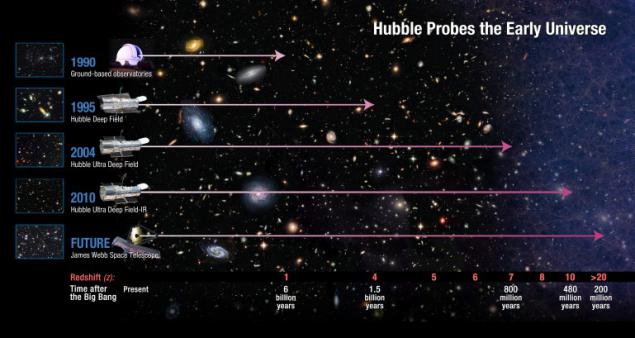
But this is not the only possibility. Recently there was an alternative that has attracted attention.
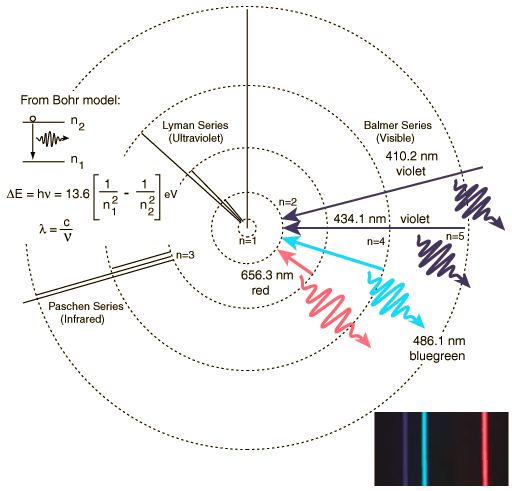
Instead of expansion of the universe, which stretches the wavelength of photons, we can gradually to correct the mass of particles of the universe so that the light emitted many years ago, will be red, because that will change the equations of quantum physics.
The idea gave Christoph Vetter ( work ). It may seem counterintuitive, but it is actually very simple. Consider the Newtonian gravity.
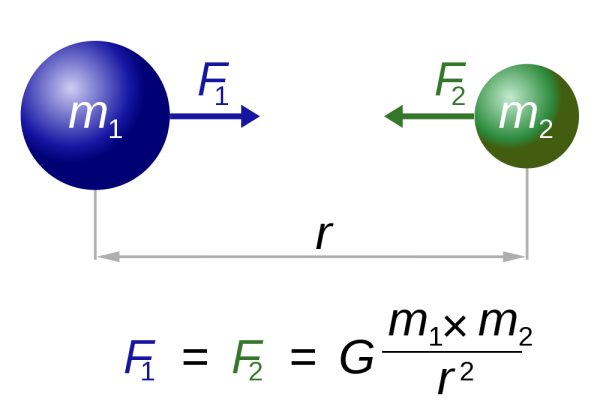
Imagine that in the universe there are only two masses and they fly away from each other. All that you can measure - the power of their attraction. And what do we see? If r is increased, the force decreases as the r -2 sup>.
But can we be sure that the r increases, rather than G (or both mass) decreases? No, if the force of gravity - it's all what you can measure. So our galaxies.
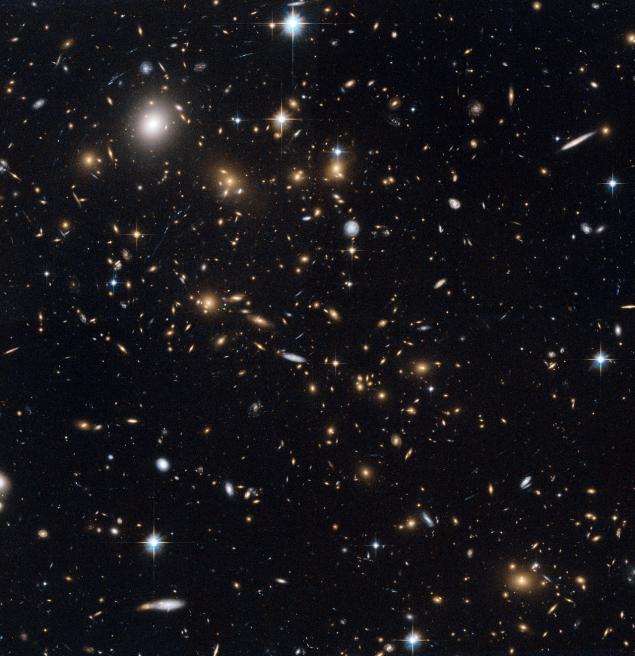
Relatively distant galaxies, we can measure a few parameters - the rest remains anyone's guess. Because of our experience and experiments with space, time and mass suggest that the mass of the particles does not change, and the space-time expands compressed and distorted, we assume that the universe on a large scale works the same way - though, where we experiment and put we can not.
But the idea can work Vetteriha. But that does not tell about it - for it will have to pay something.
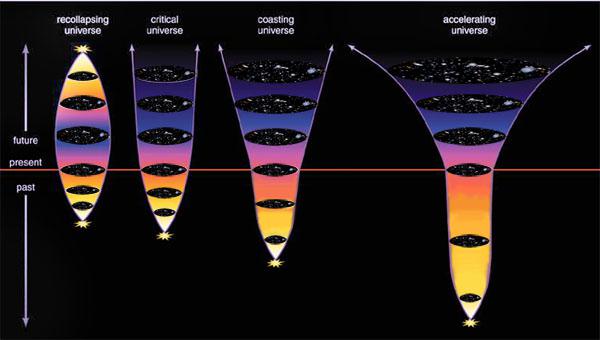
In an expanding universe, obeying the GTR, there is one strong prediction: the rate of expansion is determined by the combination of curvature and the energy density. All matter in the universe tells us how the universe expanded, and a red shift should be the objects.
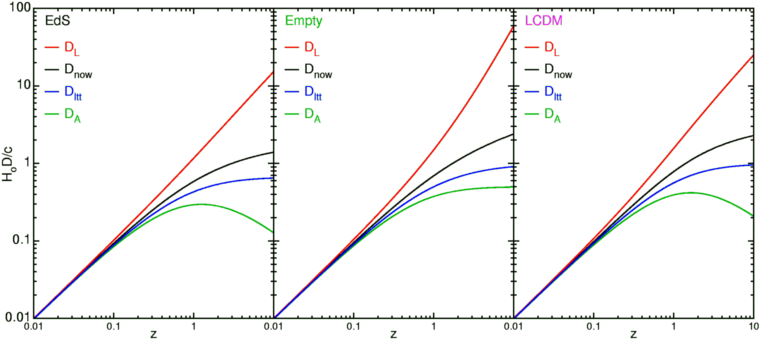
In our universe we observe how galaxies at different distances have different red shifts determined by a special formula, and it tells us of what our universe is made.
We can reconstruct all that, as we know, has been in our universe at any time to predict how the universe evolved, and will evolve, and all of this check.
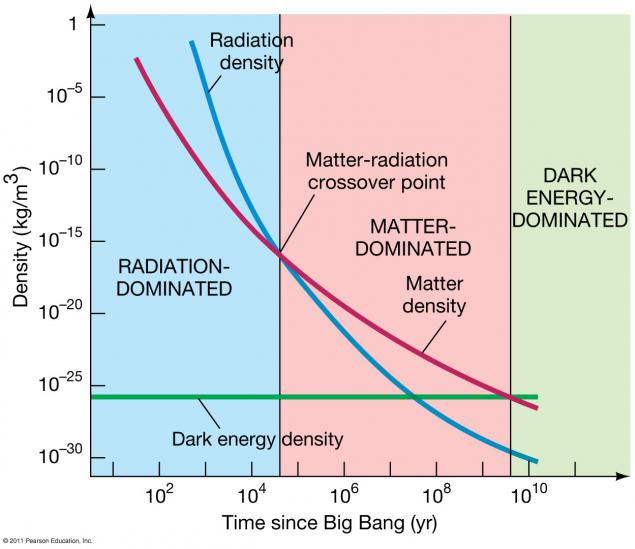
We can compare these predictions with data from cosmic microwave background, large scale structure of the universe and the Big Bang nucleosynthesis, etc. And all this very well converge.
But if the redshift is not due to the expansion of the universe, and the change of the masses, all this predictive power evaporates.
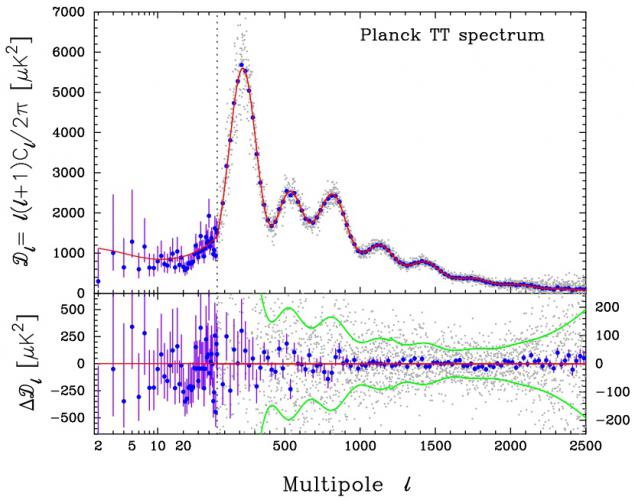
The fluctuations in the background radiation is precisely such as the mass has changed, so that they received such - and not because of this are powerful physical laws. The universe is accelerating, not because it has an integral dark energy, but because the mass is changed according to this law. And much the same is for the rest of the observations.
But the news is not such nuances you can gain.
Source: geektimes.ru/post/252160/











